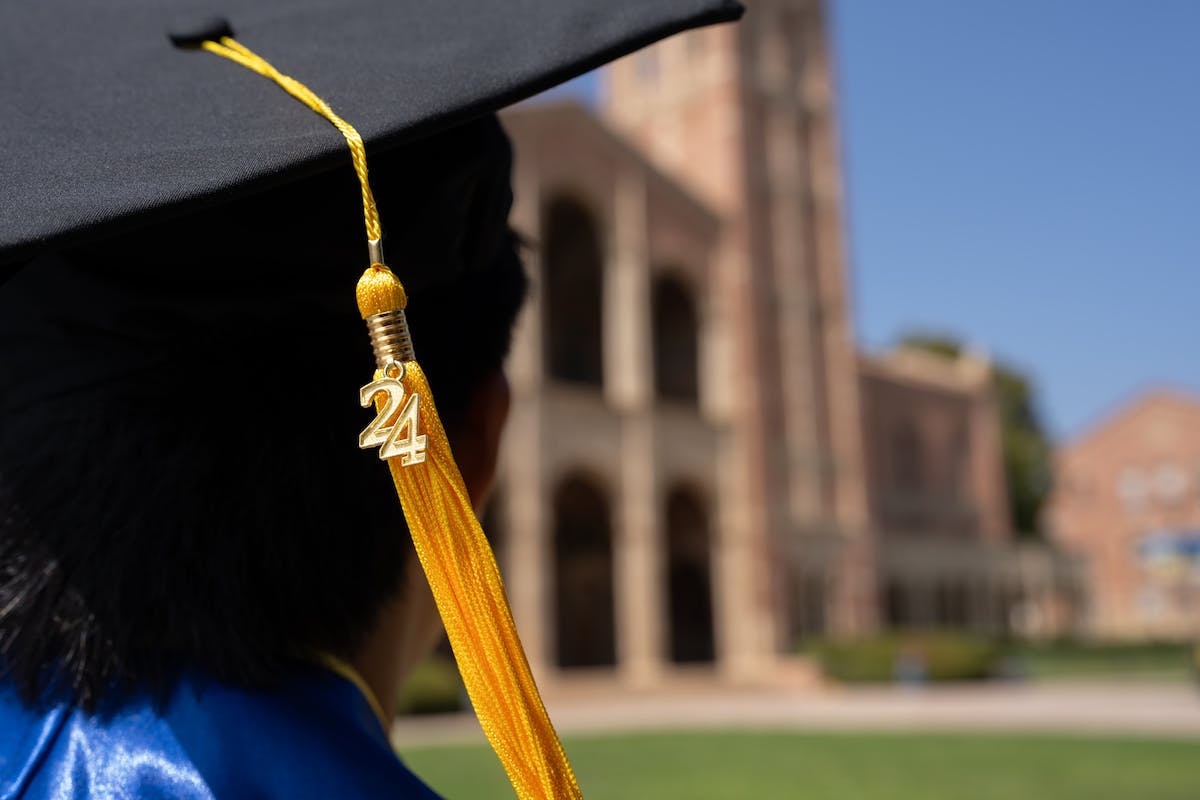ARCHIVE TREASURES: Spotlight on Rouben Mamoulian Presenting Rarely Screened Gems

Free at the Billy Wilder Theater at the Hammer Museum on April 16
LOS ANGELES—The UCLA Film & Television Archive presents two restored films by legendary Armenian American film director Rouben Mamoulian.
“Applause” (1929) and “Love Me Tonight” (1932) are among eight Mamoulian films restored by the Archive and the double-feature will be presented on Saturday, April 16 at 7:30 p.m. at the Billy Wilder Theater as part of Archive Treasures, funded by the Hugh M. Hefner Classic American Film Program, which showcases screen gems from the Archive’s extensive holdings.
The Mamoulian screening is supported by community partner, Armenian Film Foundation, which is marking the influential director’s contributions to film this year. The program is also supported by the Promise Armenian Institute at UCLA.
“The Archive is honored to partner with the Armenian Film Foundation to celebrate the remarkable achievements of Rouben Mamoulian, a filmmaker and artist whose made a tremendous impact on Hollywood,” said Archive Director May Hong HaDuong.
“Rouben Mamoulian was an innovator who set the bar for decades of film directors to follow. It’s wonderful to see these two restored films on the big screen,” said Dr. Carla Garapedian of the Armenian Film Foundation.
Born in Tbilisi, Georgia in 1897, Rouben Mamoulian came to America in 1923 seeking a suitable outlet for his nascent aesthetic vision. Following in the footsteps of his mother, a director for the Armenian stage, Mamoulian trained at the Moscow Stage Theater where naturalism was de rigeur, a style that the young director did not appreciate. “I discovered I had no affinity for naturalism on stage,” he later said. “My aim always was rhythm and poetic stylisation.”
By 1927, Mamoulian had his first Broadway hit with “Porgy,” which he conceived as “a truly dramatic theater…that would combine all the elements of movement, dancing, acting, music, singing, decor, lighting, color and so on.” Mamoulian soon ventured into Hollywood with his first effort for Paramount, “Applause” (1929), hailed as a liberating leap forward for its imaginative combination of sound and camera movement.
Mamoulian quickly earned a reputation as an innovator who could be trusted with a studio’s most valuable assets, whether Greta Garbo at MGM (“Queen Christina,” 1933) or three-color Technicolor at RKO (“Becky Sharp,” 1935). Throughout his career he remained a meticulous builder of worlds, to be taken in, for sure, but also to be moved through—whether waltzing (“Love Me Tonight,” 1932) or prowling (“Dr. Jekyll and Mr Hyde,” 1931). As critic Tom Milne suggested, every Mamoulian film could be considered a musical, “choreographed rather than directed.”
“Applause” is a showcase for the acting and singing talents of 29-year-old Helen Morgan in her film debut, playing a faded burlesque queen. Also making his screen debut was director Rouben Mamoulian, whose depiction of the vulgar, entertaining realities of burlesque is as impressive today as it was in 1929, when it established his reputation as an innovative film director.
“Love Me Tonight” is an enchanting tale of an amorous tailor (Maurice Chevalier) who woos a lovelorn princess (Jeanette MacDonald) brims with wit and lyricism as Mamoulian has fun with some of his favorites themes: sex and seduction. Featuring irresistible songs by Richard Rodgers and Lorenz Hart inventively integrated into the story, “Love Me Tonight” is Mamoulian’s masterpiece.
For details, updates, registration information, and important health guidelines, please visit the website.
A division of UCLA Library, the Archive is internationally renowned for rescuing, preserving and showcasing moving image media and is dedicated to ensuring that the visual achievements of our time are available for information, education and enjoyment. The Archive has over 450,000 film and television holdings conserved in a state-of-the-art facility at the Packard Humanities Institute Stoa in Santa Clarita, CA, that is designed to hold materials ranging from nitrate film to digital video at all preservation standards. Many of the Archive’s projects are screened at prestigious film events around the globe.
The Billy Wilder Theater at the Hammer Museum is the home of the UCLA Film & Television Archive’s public programs. The theater is among a handful of venues nationwide able to exhibit an entire century’s worth of moving images in their original formats. From the earliest silent films requiring variable speed projection all the way up to cutting-edge digital cinema, the Wilder can accommodate an array of screen technologies.
The Armenian Film Foundation was established in 1979 as a non-profit, educational and cultural organization dedicated to the documentation and preservation of Armenian heritage in multi-media formats. A primary focus of the Foundation has been the interviews of survivors of and witnesses to the Armenian Genocide.
For more information, please contact Marisa Soto at (310) 489-6002 or msoto@cinema.ucla.edu.

